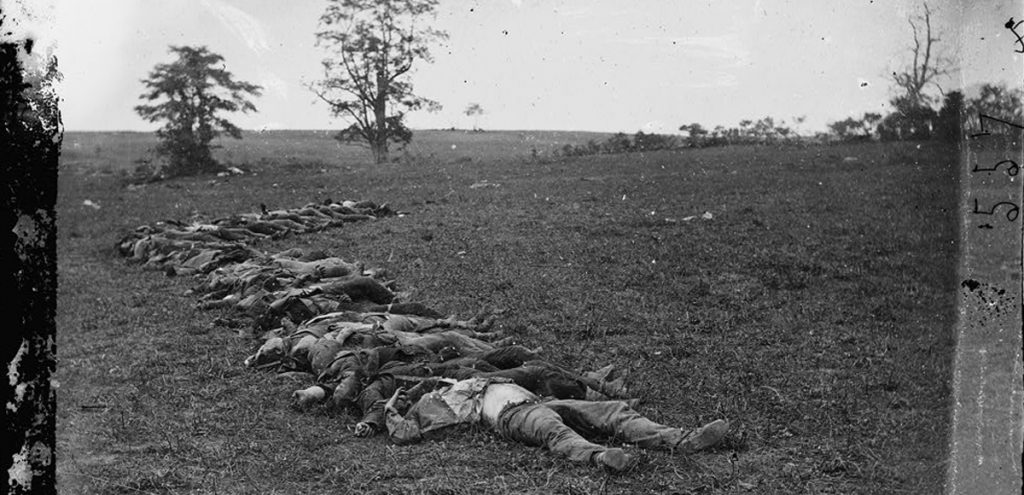

She then produced some lanterns from her wagon of supplies, and the thankful doctors went back to work.īarton's timely arrival at the battlefield had not been easy. When night fell, the surgeons were stymied again-this time by lack of light. Working non-stop until dark, Barton comforted the men and assisted the surgeons with their work. Undaunted, the unlikely figure in her bonnet, red bow, and dark skirt moved on-and on, and on. She looked down, noticed a bullet hole in her sleeve, and then discovered that the bullet had killed the man she had been helping. As she knelt down to give one man a drink, she felt her sleeve quiver. As bullets whizzed overhead and artillery boomed in the distance, Miss Barton cradled the heads of suffering soldiers, prepared food for them in a local farm house, and brought water to the wounded men. Upon her arrival, Barton quickly handed over to grateful surgeons a wagon load of bandages and other medical supplies that she had personally collected over the past year.Īfter passing on her supplies to the surgeons Miss Barton got down to work. They were forced to use anything they could find because the supply trains were so far behind the fast-moving troops on the field at Antietam. Arriving at the northern edge of the infamous "Cornfield" at about noon, she watched as harried surgeons dressed the soldiers' wounds with corn husks. The beleaguered field surgeon later likened her to an angel, which led to her nickname, "the angel of the battlefield." Clara Barton continued to aid wounded on the front lines, including at the Battle of Antietam. In 1862, after constant badgering of political and military chiefs, she was finally granted passes to the front.įollowing the Battle of Cedar Mountain, she appeared at a field hospital around midnight with a wagon-load of supplies. Following the First Battle of Manassas, she cared for the wounded as they returned to Washington, D.C. Clara Barton brought them food and supplies and tended to their needs.

they were sent to a makeshift hospital housed in the US Senate chamber. On Apa trainload of Massachusetts men responding to President Lincoln's call for Union soldiers were attacked in a Baltimore, Maryland riot. where she became one of only a few female clerks at the US Patent Office and the only woman in her office receiving a salary equal to the male clerks. She spent the next two years caring for him by administering all of his medicines, which included the application of leeches. When Clara Barton was 11 years old, her older brother David fell from a rafter in a barn he was helping to build. Clarissa "Clara" Harlowe Barton was born in North Oxford, Massachusetts in 1821, the youngest of Stephen and Sarah Barton's five children.


 0 kommentar(er)
0 kommentar(er)
